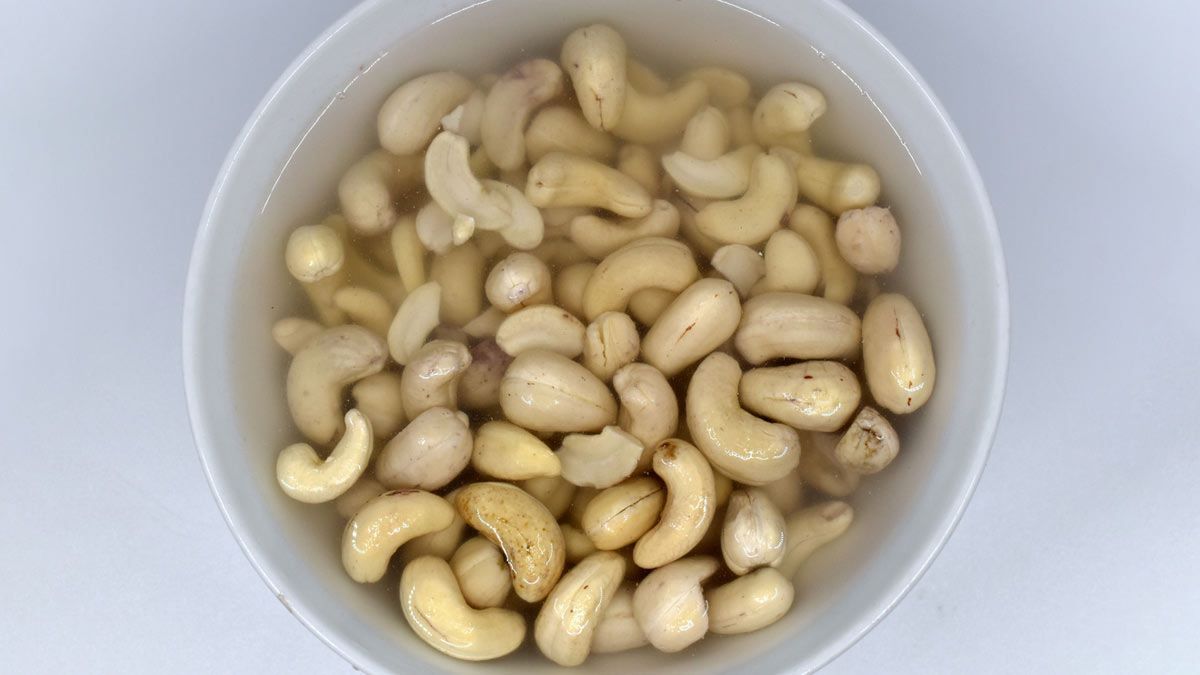

Articles
How To Store Soaked Cashews
Modified: December 7, 2023
Learn the best methods for storing soaked cashews in this informative article. Discover helpful tips and tricks to keep your cashews fresh and delicious.
(Many of the links in this article redirect to a specific reviewed product. Your purchase of these products through affiliate links helps to generate commission for Storables.com, at no extra cost. Learn more)
Introduction
Cashews are delicious and nutritious nuts that are packed with essential nutrients. Whether you enjoy them as a snack or use them in various recipes, cashews are a versatile and popular ingredient. If you’ve ever wondered about the benefits of soaking cashews and how to properly store them, you’ve come to the right place.
In this article, we will explore the reasons why soaking cashews is beneficial and provide step-by-step instructions on how to soak them. We will also discuss the advantages of soaking cashews and different methods for storing soaked cashews to ensure their freshness and flavor are preserved. Additionally, we will share best practices for storing soaked cashews and highlight common mistakes to avoid.
So, let’s dive in and discover everything you need to know about soaking and storing cashews!
Key Takeaways:
- Soaking cashews enhances their nutritional value, improves digestibility, and elevates flavor and texture. Proper storage methods ensure freshness and quality for culinary creations.
- Avoid common mistakes like over-soaking and improper storage to preserve the integrity of soaked cashews. Follow best practices for optimal flavor and texture.
Read more: How To Store Soaked Chickpeas
Why Soak Cashews?
Soaking cashews is a common practice that offers a range of benefits. Here are a few reasons why it is recommended to soak cashews before consuming them:
- Improved Digestion: Cashews, like other nuts, contain enzyme inhibitors and phytic acid, which can make them difficult to digest. Soaking cashews helps to break down these inhibitors and phytic acid, making the nuts easier on your digestive system.
- Enhanced Nutritional Value: Soaking cashews can improve the nutritional absorption of certain minerals, such as iron, zinc, and magnesium. The soaking process deactivates enzymes that can interfere with nutrient absorption, unlocking the full potential of these essential minerals.
- Softer Texture: Soaking cashews softens their texture, making them easier to blend or grind. This makes soaked cashews ideal for creating creamy sauces, dips, and desserts, allowing you to achieve a smooth and luscious consistency.
- Improved Flavor: Soaked cashews have a milder and creamier flavor compared to raw or roasted cashews. Soaking removes any bitterness and allows the natural sweetness of the cashews to shine through, enhancing the overall taste of your dishes.
- Reduced Oxalates: Oxalates are naturally occurring compounds found in many plant-based foods, including cashews. Soaking cashews can help reduce the levels of oxalates, which may be beneficial for individuals who are prone to kidney stones or have difficulty metabolizing oxalates.
By soaking cashews, you can unlock their nutritional potential, improve their digestibility, and elevate their taste and texture in your favorite recipes.
How to Soak Cashews
Soaking cashews is a simple process that requires minimal effort. Here’s a step-by-step guide on how to soak cashews:
- Measure the Cashews: Start by measuring the desired amount of cashews that you want to soak. It’s best to soak them in small batches to ensure even soaking and easy storage.
- Rinse the Cashews: Rinse the cashews under cold water to remove any dust or debris. This step helps to ensure that your soaked cashews are clean and free from any contaminants.
- Place in a Bowl: Transfer the rinsed cashews into a bowl or container that is large enough to accommodate the cashews while allowing room for expansion. Make sure the bowl is deep enough to cover the cashews with water.
- Add Filtered Water: Pour enough filtered water into the bowl to completely submerge the cashews. The water should be at room temperature or slightly warm. Avoid using hot water, as it can affect the texture and taste of the cashews.
- Soak for the Appropriate Time: The soaking time can vary depending on your desired outcome. For a softer texture and easier blending, soak cashews for at least 4-6 hours. If you prefer a creamier consistency, you can soak them overnight for around 8-12 hours.
- Rinse and Drain: After the soaking time is complete, drain the water from the bowl and rinse the cashews thoroughly under running water. This step helps to remove any residue and ensures the cashews are ready for consumption or storage.
- Pat Dry (Optional): If you plan to store the soaked cashews, you can gently pat them dry with a clean kitchen towel or paper towel. This helps to remove excess moisture and prevents the cashews from becoming soggy.
Now that you know how to soak cashews, you can incorporate this process into your culinary adventures and enjoy the numerous benefits that come with soaked cashews.
Benefits of Soaking Cashews
Soaking cashews offers a range of benefits that go beyond just improving their digestibility. Here are some key advantages of soaking cashews:
- Improved Nutrient Absorption: Cashews contain phytic acid, which can bind to minerals like iron, zinc, and magnesium, inhibiting their absorption in the body. Soaking cashews helps to break down phytic acid, improving the bioavailability of these essential minerals and allowing your body to absorb them more effectively.
- Easier Digestion: Soaking cashews helps to remove enzyme inhibitors present in their raw form, making them easier to digest. This can be particularly beneficial for individuals with sensitive digestive systems or those who experience discomfort after consuming raw nuts.
- Enhanced Creaminess: Soaked cashews have a creamy texture that lends itself perfectly to various recipes. Whether you’re making plant-based cream sauces, dressings, or desserts, soaked cashews provide a smooth and velvety consistency that can mimic dairy products.
- Reduced Oxalate Levels: Oxalates are naturally occurring compounds found in many plant-based foods, including cashews. Soaking cashews can help reduce the levels of oxalates, which may be beneficial for individuals who are prone to kidney stones or need to limit their intake of oxalates for medical reasons.
- Improved Flavor: Soaking cashews can help reduce any bitterness associated with raw cashews, allowing their natural sweetness to shine through. The soaking process enhances the flavor profile of cashews, making them even more enjoyable to eat or use in recipes.
- Increased Digestive Enzyme Activity: Soaking cashews activates enzymes that are beneficial for digestion. These enzymes, known as phytases, help to break down phytic acid and other anti-nutrients, making the nutrients in cashews more accessible to your body.
- Enhanced Texture: Soaked cashews have a softer and creamier texture compared to raw cashews. This makes them easier to blend or grind, allowing you to create silky-smooth sauces, dips, and spreads for a delightful eating experience.
By soaking cashews, you can unlock their full potential and enjoy these exceptional benefits. Soaked cashews not only taste better but also offer enhanced nutritional value, making them a valuable addition to your healthy eating routine.
Store soaked cashews in an airtight container in the refrigerator for up to 4 days. Make sure to change the water every 12 hours to keep them fresh.
Different Methods of Storing Soaked Cashews
Once you have soaked cashews, it’s important to store them properly to maintain their freshness and flavor. Here are a few different methods you can use to store soaked cashews:
- Airtight Container in the Refrigerator: One of the most common methods is to store soaked cashews in an airtight container in the refrigerator. Transfer the cashews into a clean and dry container, ensuring there is enough space to accommodate the cashews without overcrowding. Seal the container tightly and place it in the refrigerator. The soaked cashews can typically be stored in the refrigerator for up to five days.
- Freezing: Another option is to freeze the soaked cashews for longer-term storage. After soaking and draining the cashews, spread them out on a baking sheet lined with parchment paper. Place the baking sheet in the freezer until the cashews are fully frozen. Once frozen, transfer the cashews into a freezer-safe container or resealable bag. Frozen soaked cashews can be stored for up to three months. Before using, simply thaw the desired amount in the refrigerator overnight.
- Ice Cube Trays: If you prefer to have smaller portions of soaked cashews readily available, consider using ice cube trays. Pour the soaked cashews along with a small amount of the soaking liquid into ice cube trays and freeze until solid. Once frozen, transfer the cashew cubes into a freezer-safe bag or container. This method allows you to conveniently grab individual portions of soaked cashews whenever you need them.
- Dehydrating: If you want to extend the shelf life of your soaked cashews even further, you can dehydrate them. After soaking and draining the cashews, spread them out on a dehydrator tray and dehydrate at a low temperature (around 115°F to 125°F or 46°C to 52°C) for 12 to 24 hours until they are fully dry and crunchy. Once dehydrated, transfer the cashews into an airtight container and store them in a cool, dry place. Dehydrated soaked cashews can last for several weeks or even months.
Choose the storage method that suits your needs and preferences. Whether you opt for refrigeration, freezing, using ice cube trays, or dehydrating, proper storage ensures your soaked cashews remain fresh, flavorful, and readily available for all your culinary endeavors.
Read more: How To Store Beans After Soaking
Best Practices for Storing Soaked Cashews
To ensure that your soaked cashews remain fresh and tasty, it’s important to follow these best practices for storing them:
- Use Clean and Dry Containers: Always use clean and dry containers when storing soaked cashews. This helps prevent any bacteria or moisture from contaminating the cashews and compromising their quality.
- Airtight is Key: Opt for airtight containers or resealable bags to store soaked cashews. This prevents air from entering and keeps moisture out, maintaining the freshness and texture of the cashews.
- Label and Date: To avoid confusion, label the container or bag with the contents and the date of soaking. This helps you keep track of the freshness and ensures that you use the oldest soaked cashews first.
- Separate Portions: If you plan to freeze or store small portions of soaked cashews, consider separating them into individual servings before sealing them in containers or bags. This allows you to easily grab and thaw only the amount you need, minimizing waste.
- Properly Thaw Frozen Cashews: When thawing frozen soaked cashews, it is best to transfer them to the refrigerator overnight. This gradual thawing method helps maintain the texture and flavor of the cashews. Avoid thawing them at room temperature, as this can lead to moisture buildup and a loss of quality.
- Store in Cool, Dry Places: For non-frozen soaked cashews, store them in a cool, dry place away from direct sunlight or heat sources. Exposure to heat and light can speed up the spoiling process and affect the taste and quality of the cashews.
- Keep Away from Strong Odors: Cashews have a tendency to absorb odors, so store them away from strong-smelling foods or spices. This helps preserve the natural flavor of the cashews and prevents them from taking on unwanted aromas.
- Regularly Check for Freshness: Periodically check your stored soaked cashews for any signs of spoilage, such as mold, off smells, or an off taste. Discard any cashews that show signs of spoilage to prevent consuming rancid nuts.
By following these best practices, you can prolong the shelf life of your soaked cashews and ensure that they maintain their optimal flavor and texture when you’re ready to use them.
Common Mistakes to Avoid
When it comes to soaking and storing cashews, there are a few common mistakes that can jeopardize their quality and freshness. Here are some mistakes to avoid:
- Skipping the Rinse: Always remember to rinse the cashews before soaking them. Rinsing helps remove any dust or debris and ensures that the soaked cashews are clean and ready for consumption or storage.
- Over-Soaking: While it’s important to soak cashews to improve their texture and digestibility, over-soaking can lead to mushy nuts. Follow the recommended soaking times and adjust based on your desired texture. Typically, 4-6 hours or an overnight soak is sufficient for most recipes.
- Using Hot Water: Avoid using hot water when soaking cashews, as it can affect the texture and taste of the nuts. Stick to room temperature or slightly warm water for optimal results.
- Not Draining and Rinsing Properly: After soaking, make sure to drain and rinse the cashews thoroughly to remove any remaining phytic acid or anti-nutrients. Failing to do so can result in a less enjoyable taste and texture.
- Storing in Damp Containers: Always make sure that the containers used to store soaked cashews are clean and dry. Moisture can cause the cashews to become soggy and can lead to mold growth.
- Not Using Airtight Containers: Air exposure can affect the freshness and flavor of soaked cashews, so it’s essential to store them in airtight containers or resealable bags. This helps prevent the cashews from absorbing odors and maintains their quality for a longer period.
- Not Properly Labeling and Dating: For stored soaked cashews, it’s important to label the containers or bags with the contents and the date of soaking. This ensures that you use the oldest cashews first and helps you keep track of their freshness.
- Storing in Warm or Humid Areas: Avoid storing soaked cashews in warm or humid areas, as these conditions can promote spoilage. Instead, store them in cool, dry places away from direct sunlight or heat sources.
- Freezing Without Proper Packaging: If freezing soaked cashews, make sure to use freezer-safe containers or resealable bags to prevent freezer burn and maintain the quality of the cashews while in the freezer.
By being mindful of these common mistakes, you can ensure that your soaked cashews retain their flavor, texture, and freshness to enjoy in all your favorite recipes.
Conclusion
Soaking cashews is a simple yet effective process that offers numerous benefits. By taking the time to soak cashews, you can enhance their nutritional value, improve their digestibility, and elevate their flavor and texture. Whether you’re using soaked cashews in sauces, dips, desserts, or enjoying them as a snack, the soaking process unlocks their full potential.
When it comes to storing soaked cashews, following best practices is crucial to maintaining their freshness and quality. Using clean and airtight containers, proper labeling and dating, and storing at appropriate temperatures are essential steps to ensure that your soaked cashews stay delicious and ready for use. Avoiding common mistakes such as over-soaking, improper rinsing, or storing in damp or warm areas will help preserve the integrity of the cashews.
So, the next time you have a batch of soaked cashews ready, remember to store them properly and maximize their benefits. Whether you prefer refrigeration, freezing, or dehydrating, choose the method that suits your needs and helps you enjoy the benefits of soaked cashews for a longer period.
By incorporating soaking and proper storage techniques into your routine, you can enhance your culinary creations and fully appreciate the many advantages that soaked cashews have to offer. So go ahead, soak, store, and savor the nutritious and delightful goodness of soaked cashews!
Frequently Asked Questions about How To Store Soaked Cashews
Was this page helpful?
At Storables.com, we guarantee accurate and reliable information. Our content, validated by Expert Board Contributors, is crafted following stringent Editorial Policies. We're committed to providing you with well-researched, expert-backed insights for all your informational needs.
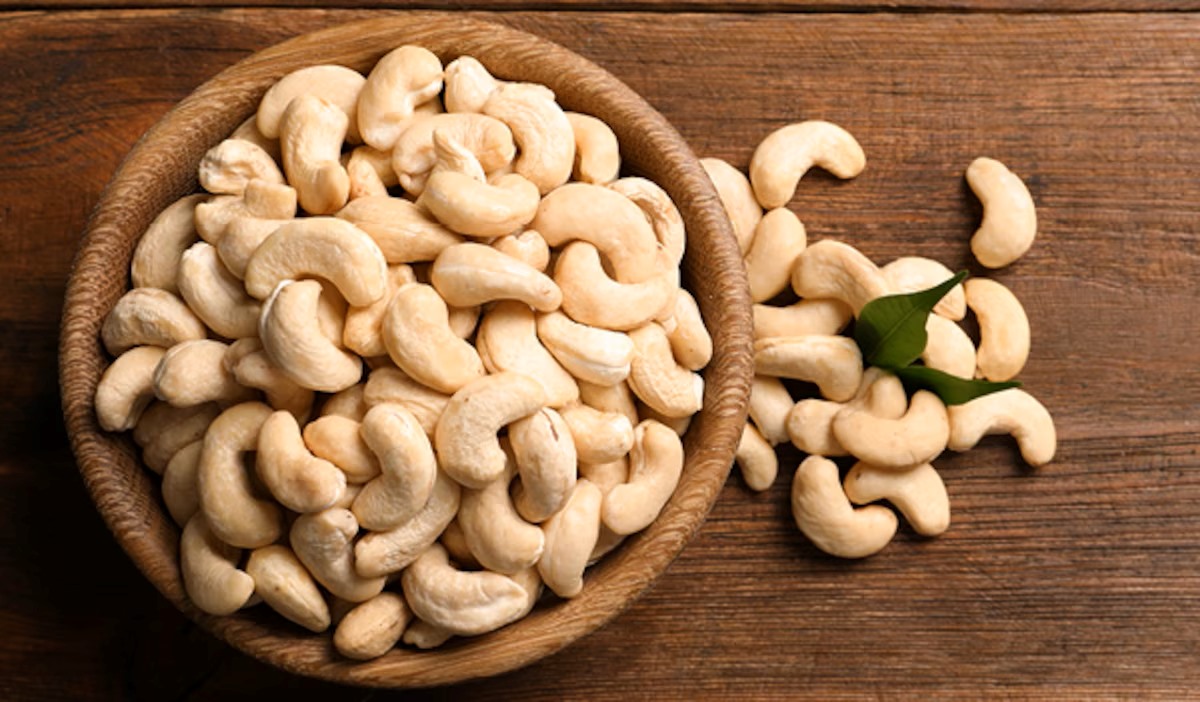

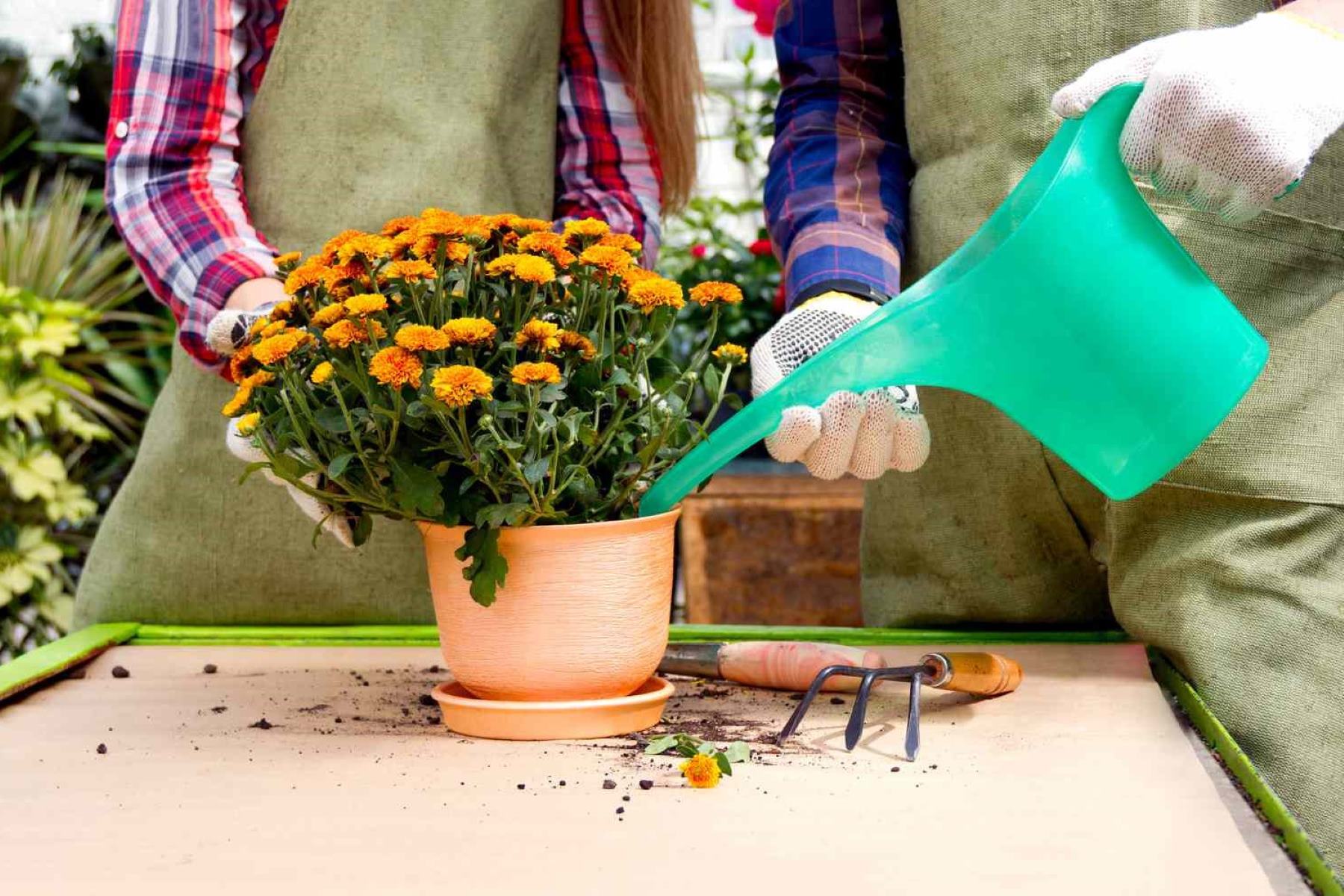
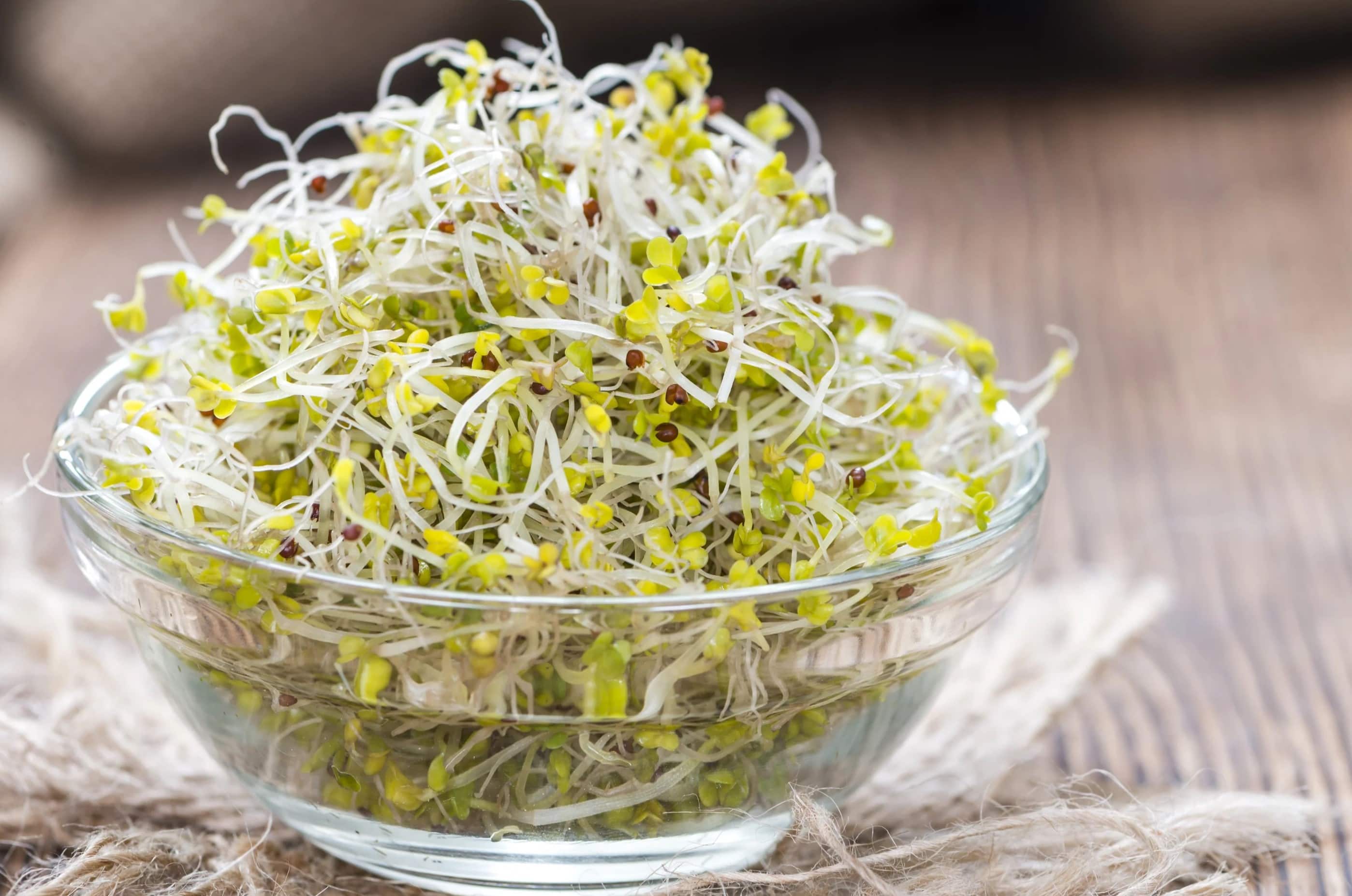
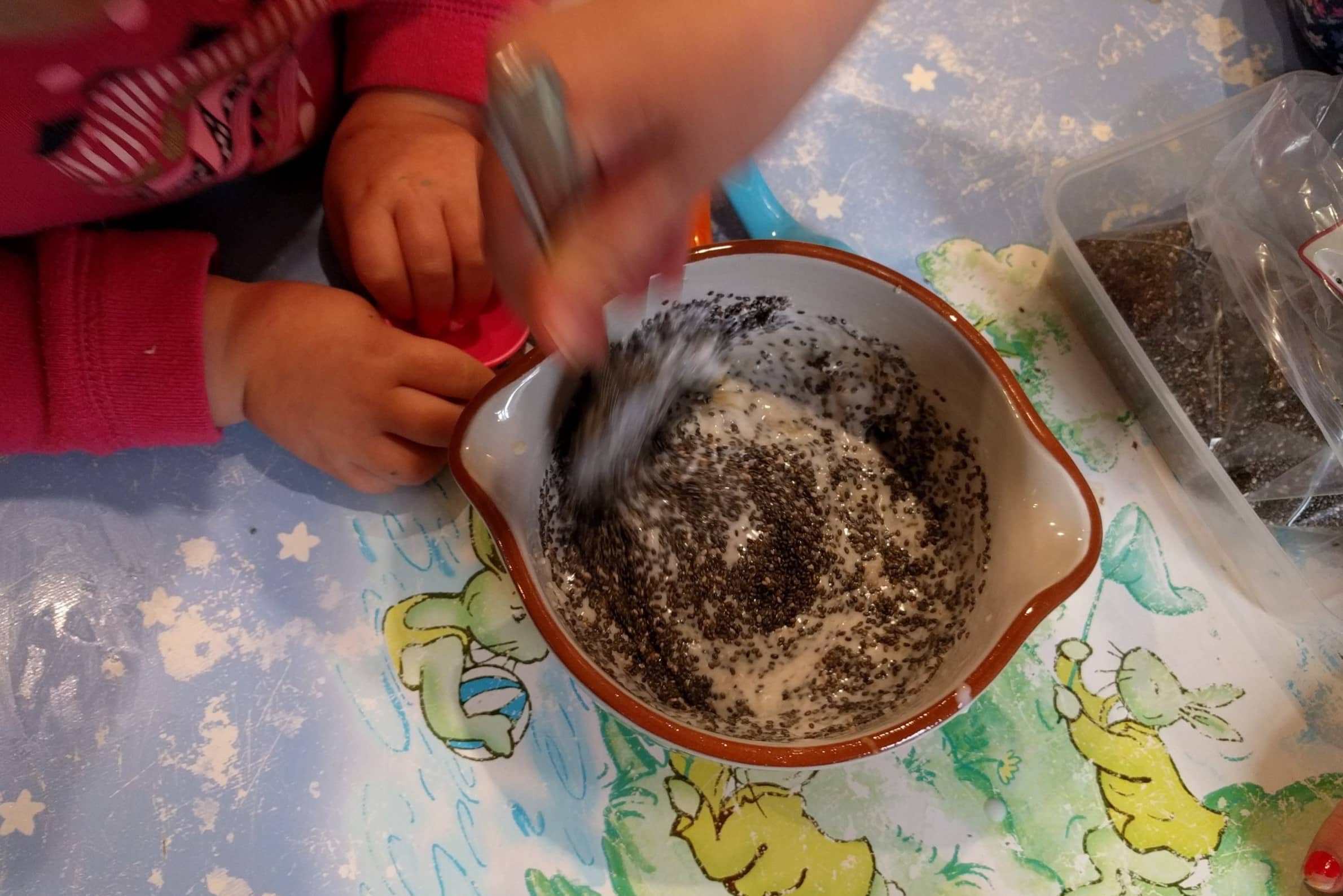
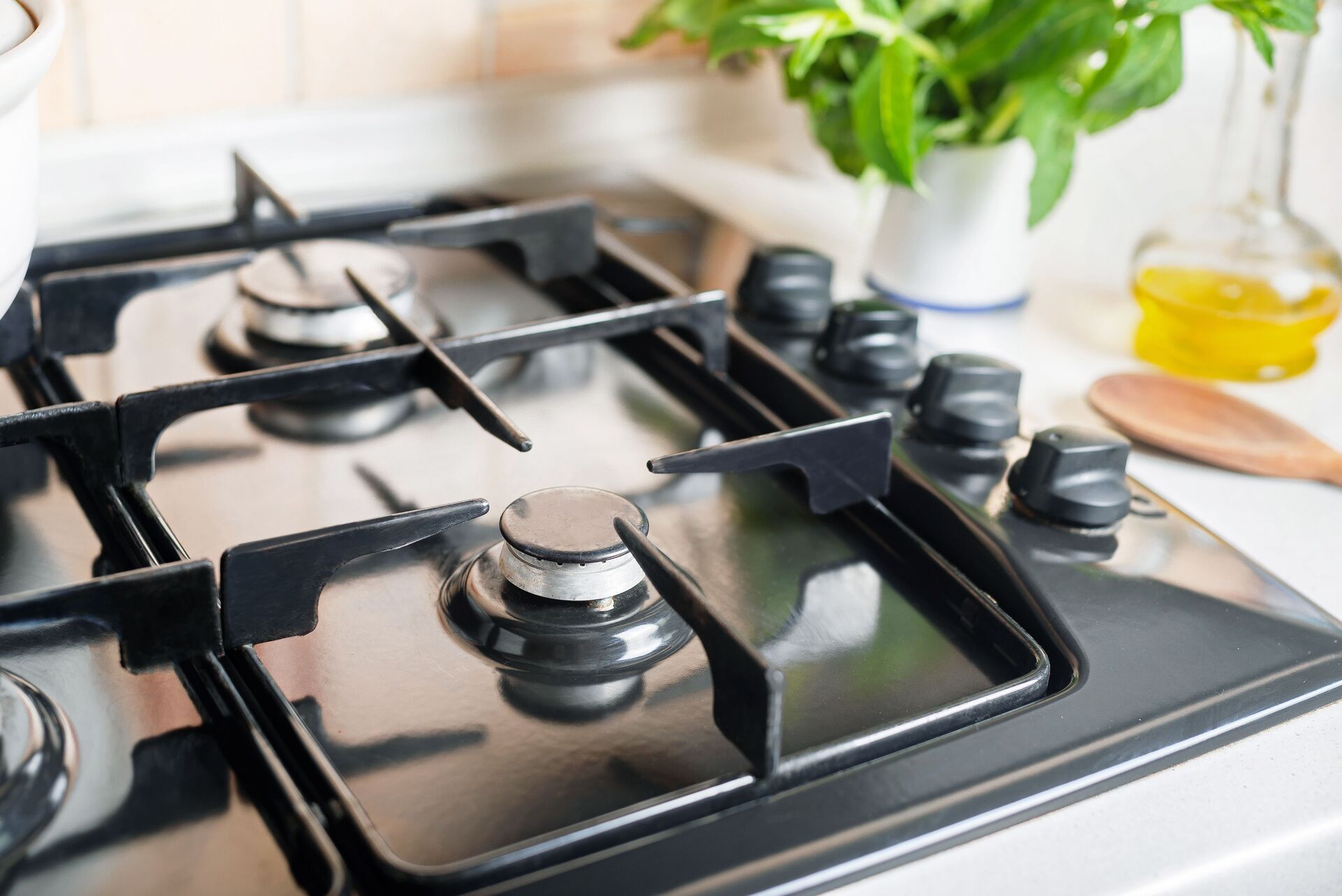
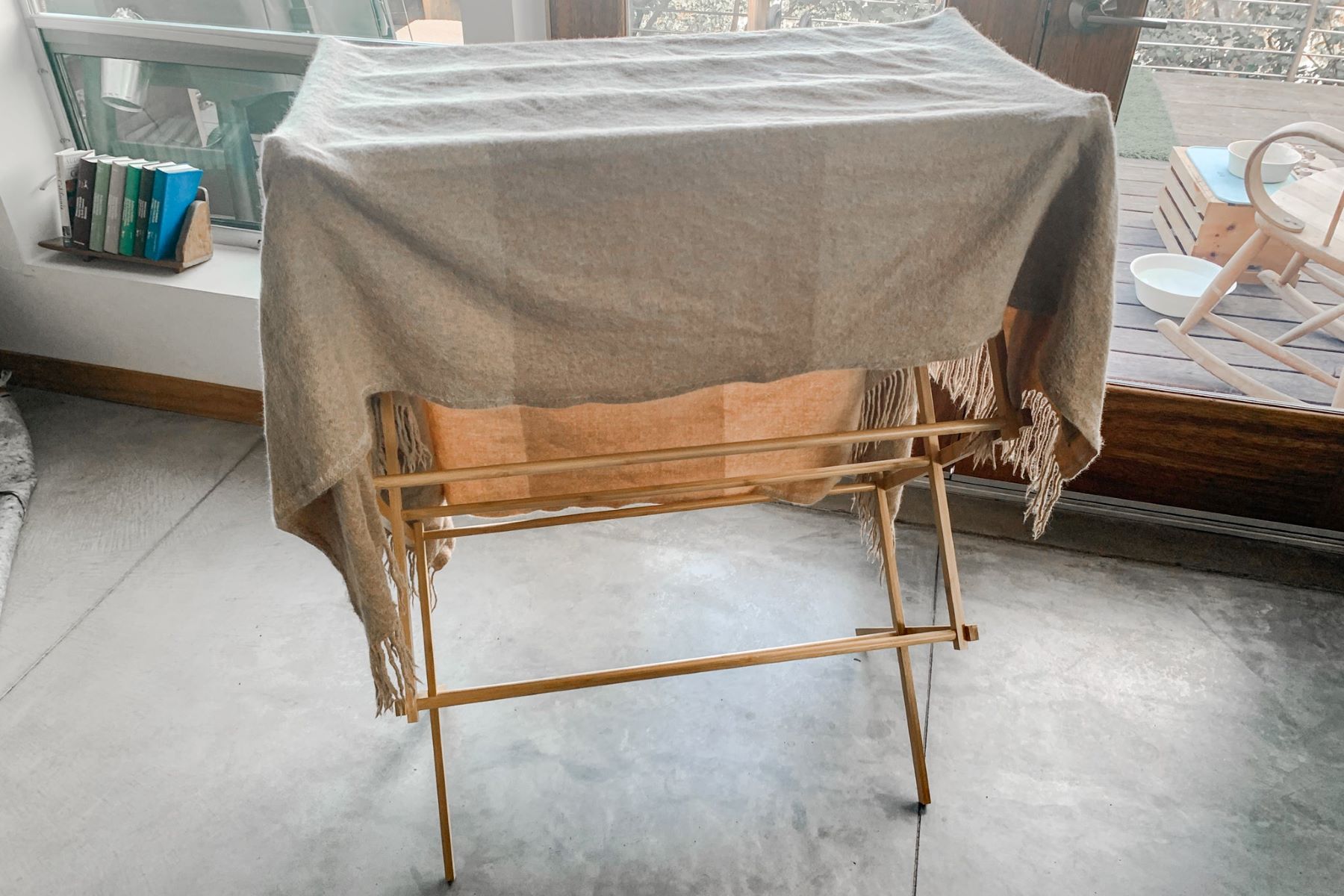
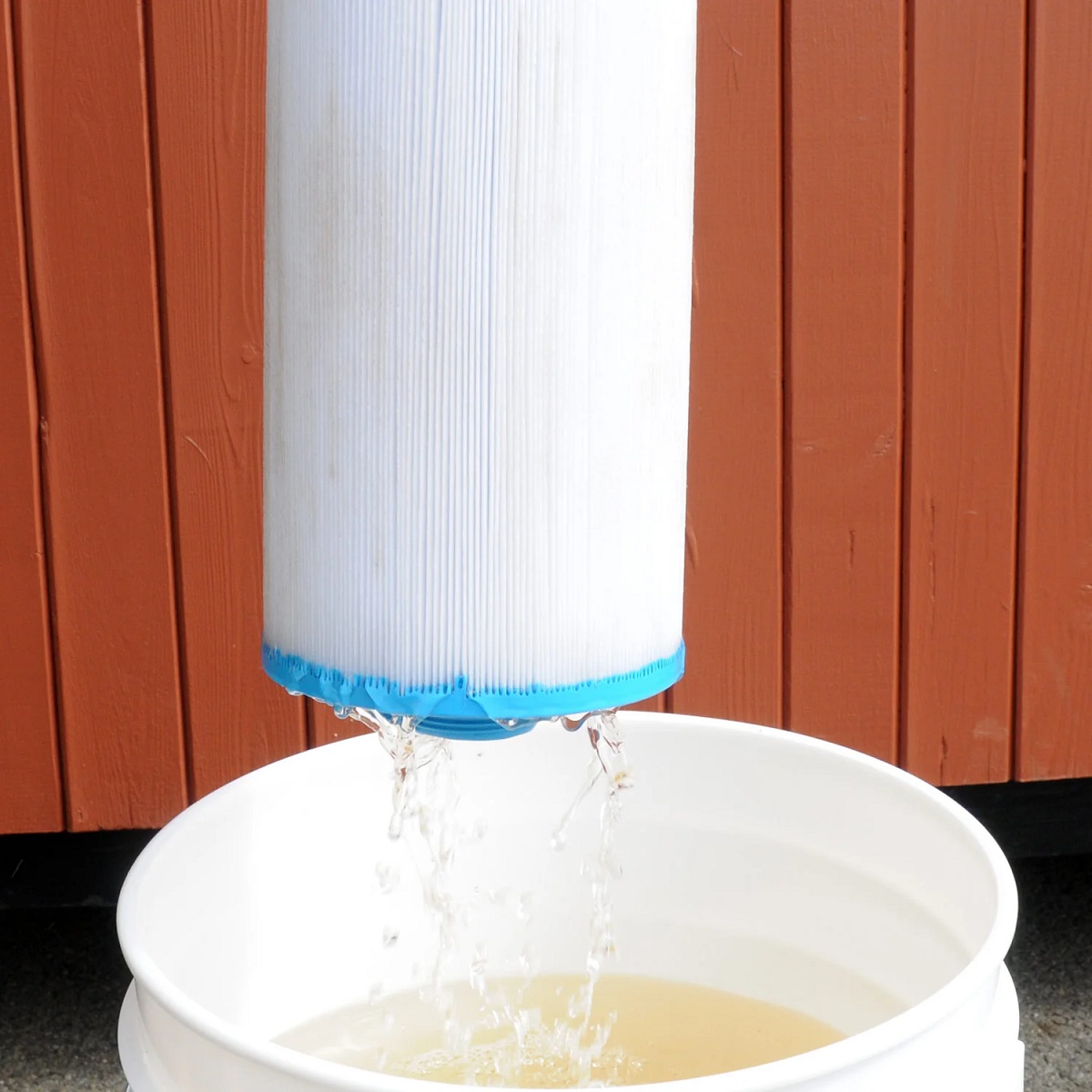
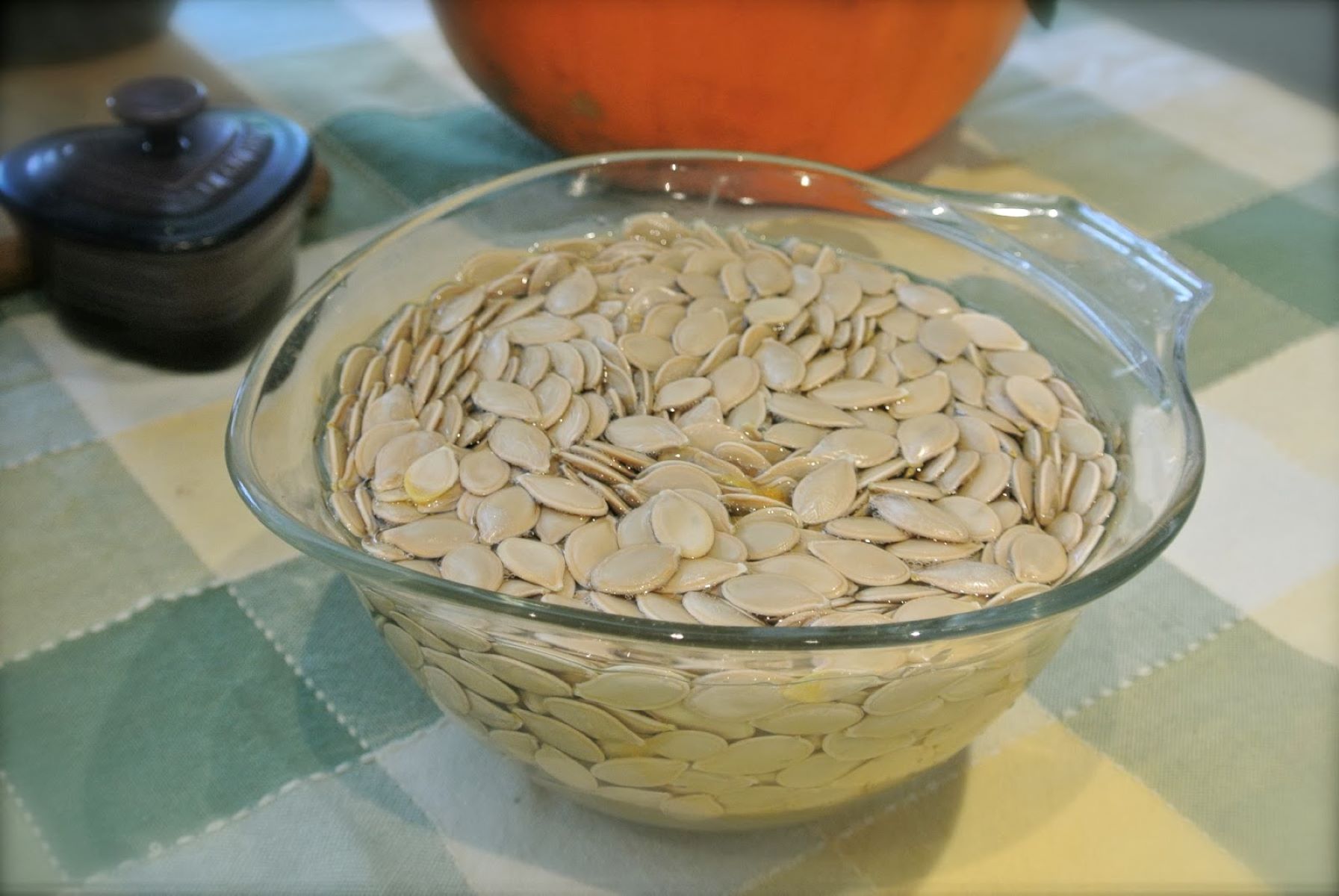
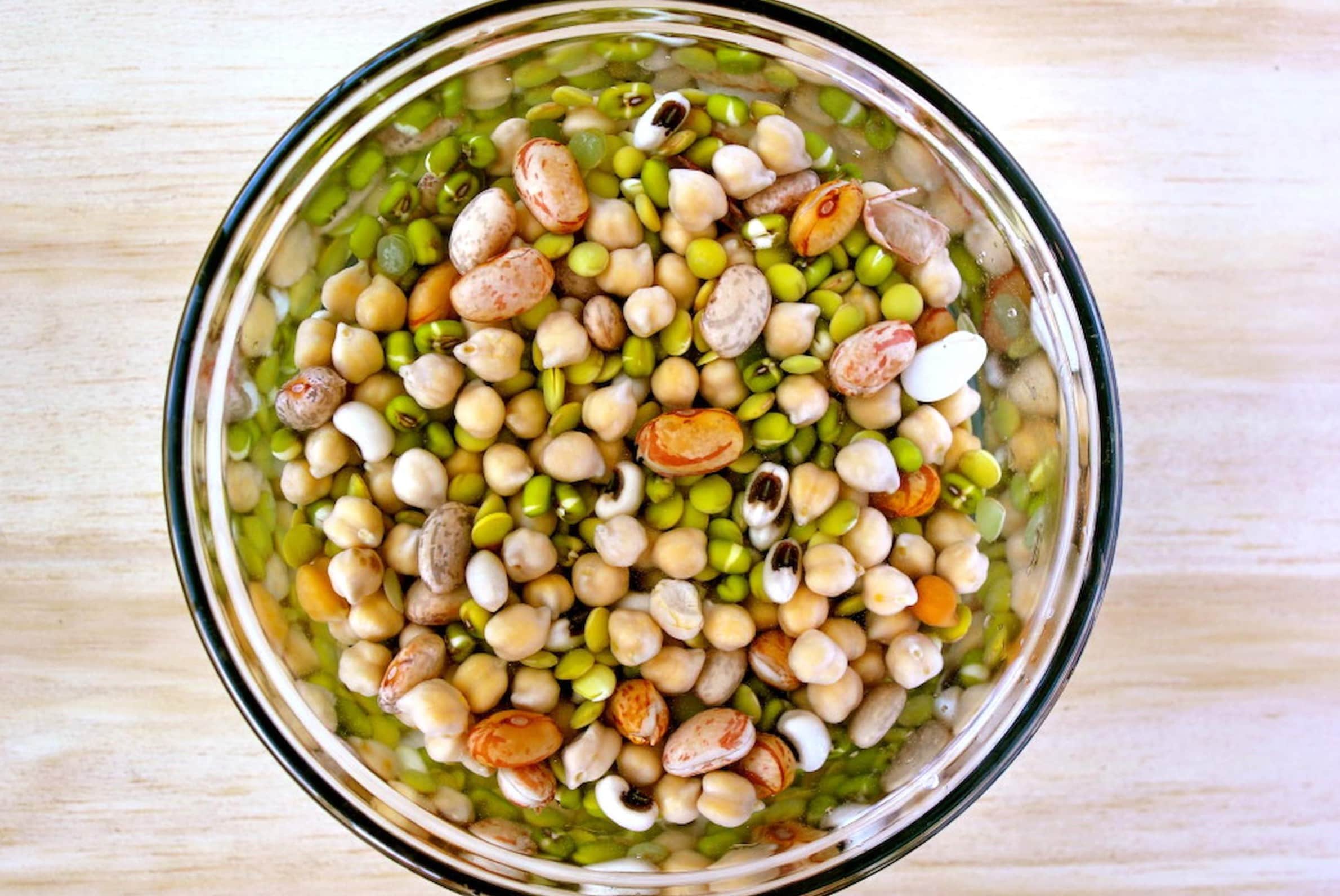

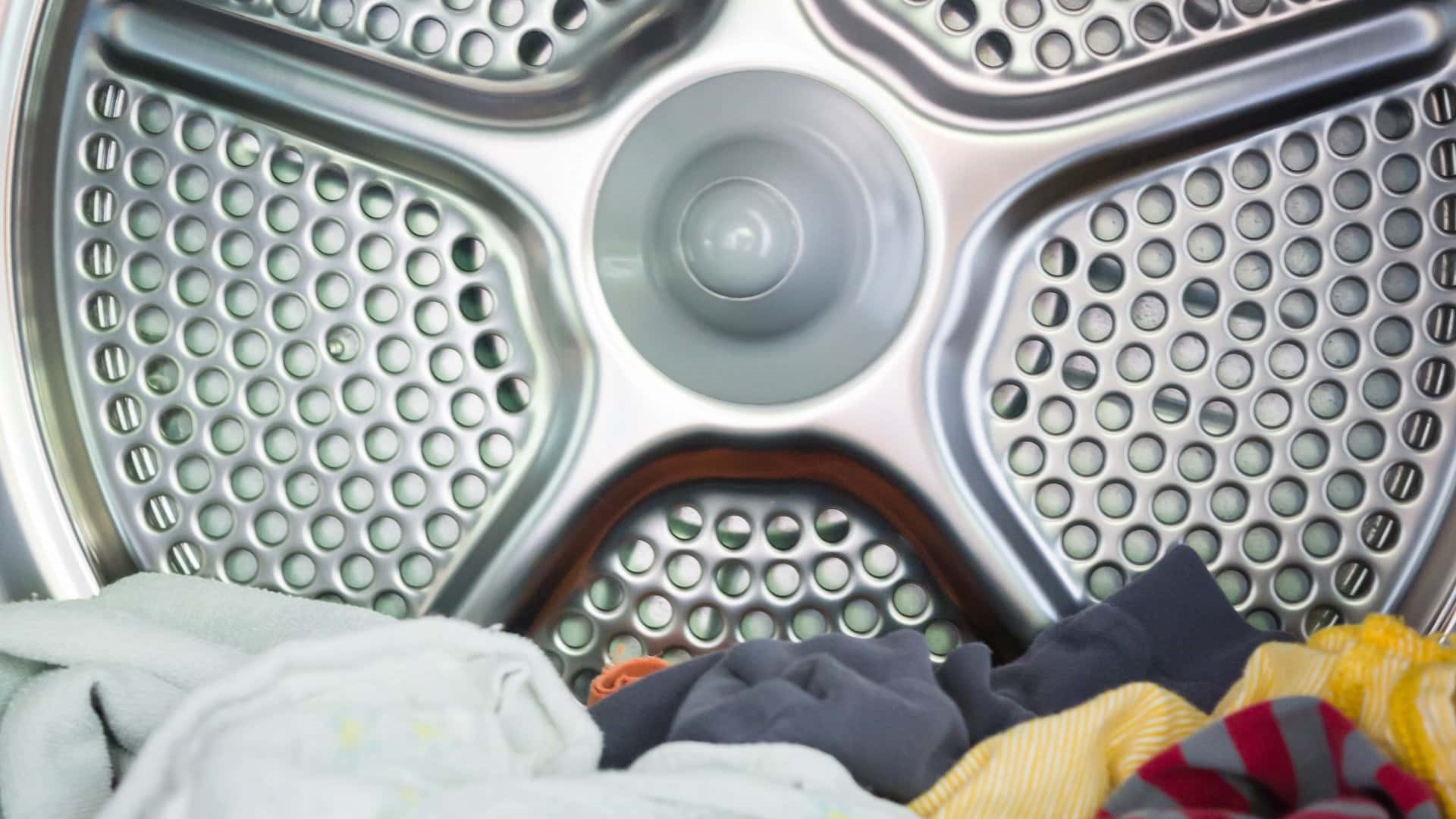
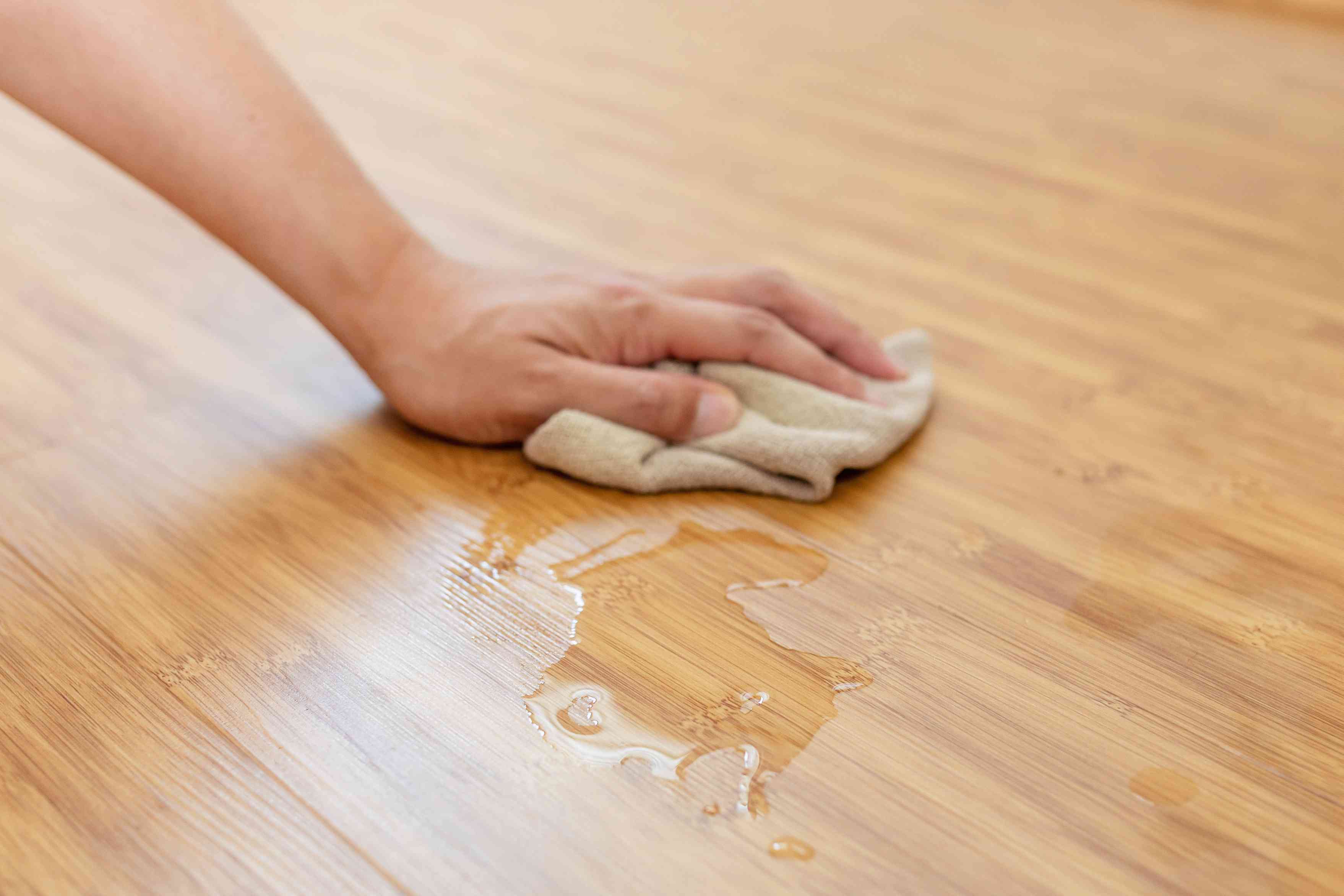
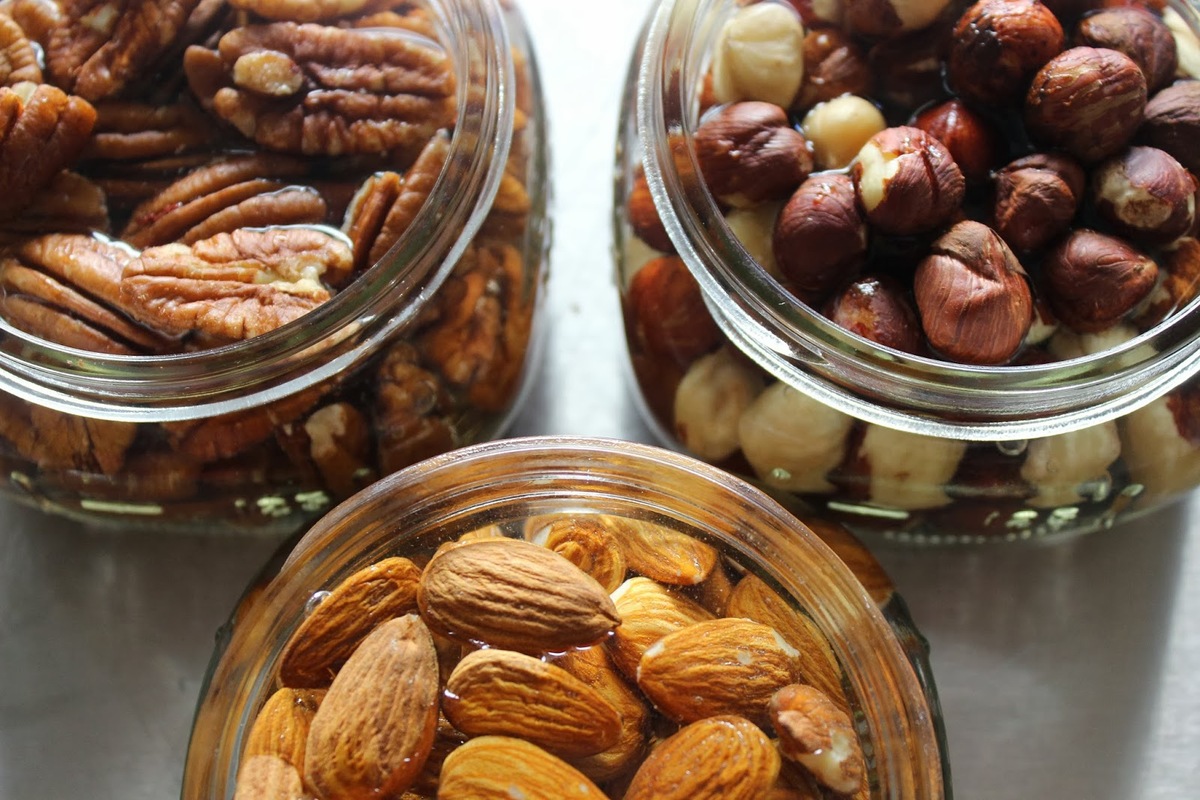

0 thoughts on “How To Store Soaked Cashews”